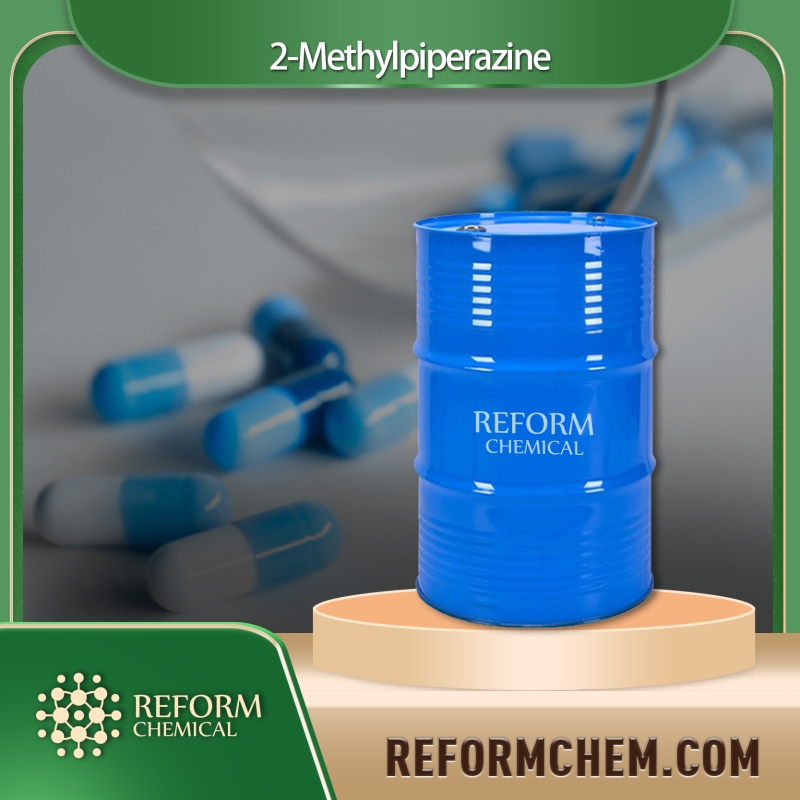-
Categories
-
Pharmaceutical Intermediates
-
Active Pharmaceutical Ingredients
-
Food Additives
- Industrial Coatings
- Agrochemicals
- Dyes and Pigments
- Surfactant
- Flavors and Fragrances
- Chemical Reagents
- Catalyst and Auxiliary
- Natural Products
- Inorganic Chemistry
-
Organic Chemistry
-
Biochemical Engineering
- Analytical Chemistry
-
Cosmetic Ingredient
- Water Treatment Chemical
-
Pharmaceutical Intermediates
Promotion
ECHEMI Mall
Wholesale
Weekly Price
Exhibition
News
-
Trade Service
Sapropterin, also known as tetrahydrobiopterin (BH4), is a crucial intermediate in the production of various chemicals, pharmaceuticals, and other products.
It plays a critical role in the metabolic pathways of many organisms, including bacteria, fungi, and plants, and is essential for the synthesis of severalimportant molecules such as aromatic amino acids, neurotransmitters, and hormones.
In the chemical industry, sapropterin is used as a key intermediate in the production of various chemicals.
One of the main methods to produce sapropterin is through microbial fermentation.
In this process, microorganisms such as bacteria or yeast are used to produce sapropterin by converting precursor molecules into the final product.
The production of sapropterin through microbial fermentation typically involves the use of DNA encoding the enzymes involved in the pathway, which are introduced into the host microorganism.
This genetic modification allows the microorganisms to produce sapropterin by converting precursor molecules into the final product.
The microorganisms are then grown in a suitable medium, and the sapropterin is extracted from the culture supernatant.
Another way to produce sapropterin is through chemical synthesis.
This method typically involves the use of specialized chemical reactions and catalysts to convert precursor molecules into the final product.
However, the chemical synthesis of sapropterin can be challenging due to the complexity of the molecule, and it is typically more expensive than microbial fermentation.
Sapropterin is a highly valuable intermediate in the production of various chemicals and pharmaceuticals.
It is used as a precursor for the synthesis of aromatic amino acids, which are essential for the production of proteins, and it is also used as a precursor for the synthesis of important molecules such as neurotransmitters and hormones.
The demand for sapropterin is expected to grow significantly in the coming years, driven by the increasing demand for chemicals and pharmaceuticals.
As a result, the production of sapropterin through microbial fermentation and chemical synthesis is expected to increase, with microbial fermentation being the preferred method due to its lower cost and higher yield.
In conclusion, sapropterin is a crucial intermediate in the production of various chemicals and pharmaceuticals, and its demand is expected to grow significantly in the coming years.
Microbial fermentation is the preferred method for the production of sapropterin, due to its lower cost and higher yield.
As the chemical industry continues to grow, the production of sapropterin through microbial fermentation is expected to increase, meeting the growing demand for this important intermediate.







